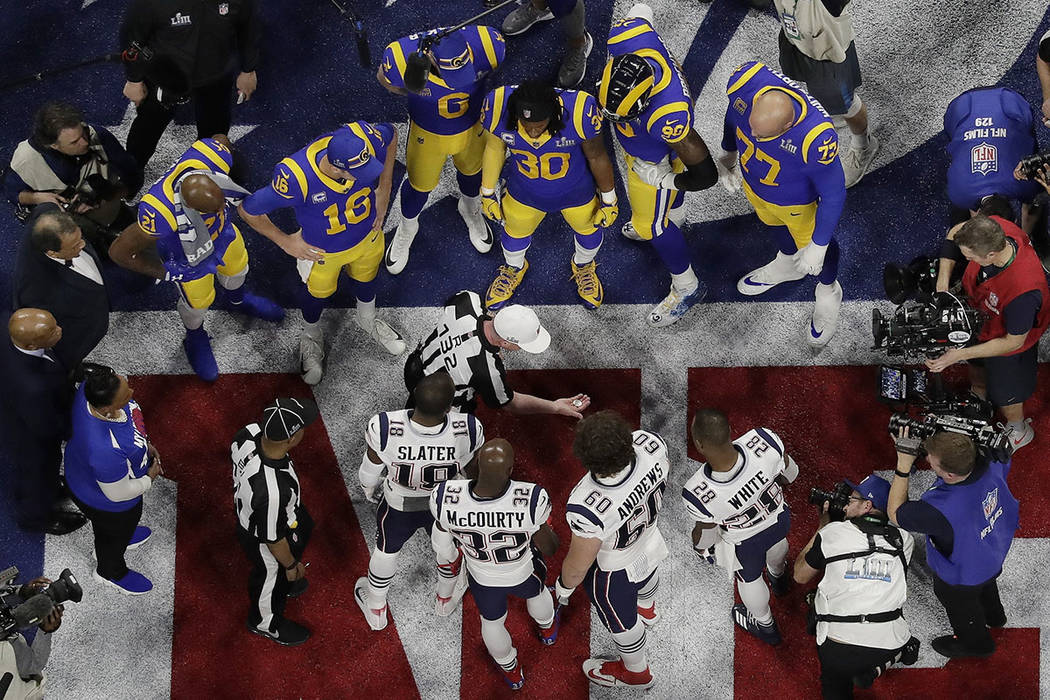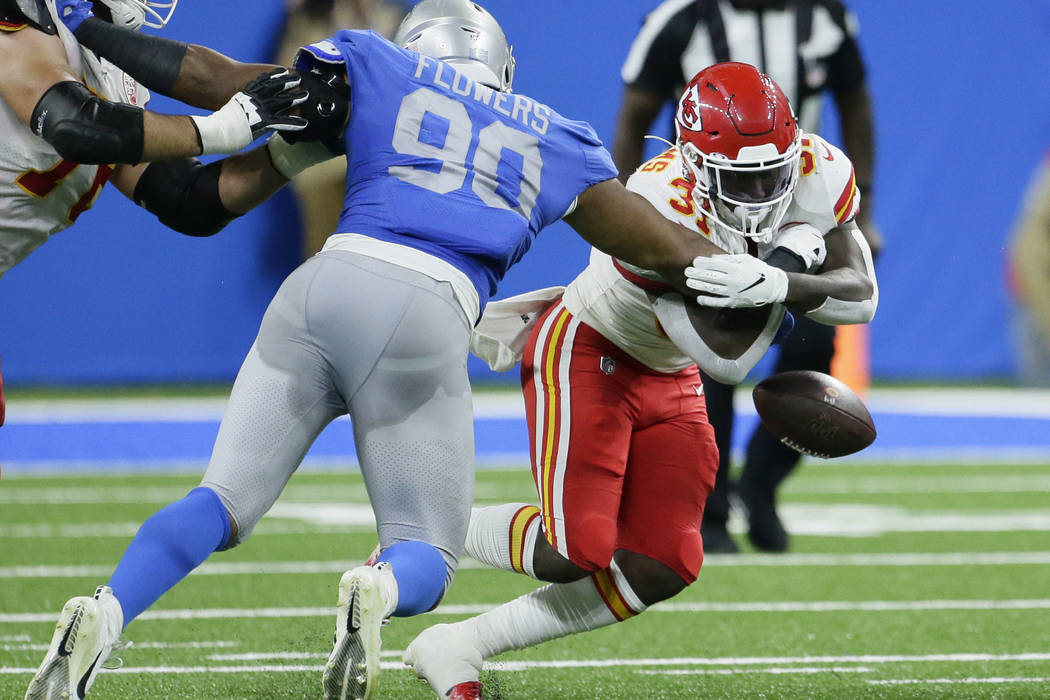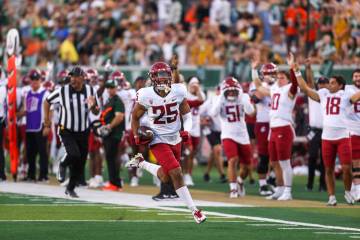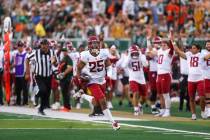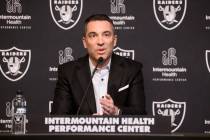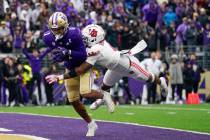Super Bowl ref says NFL has mishandled its game officials
If you’re of the opinion that the state of NFL officiating is poor this season, John Parry’s words are not going to give you much solace.
“We have younger officials cutting their teeth in the NFL. We have older officials that have 20-year plus,” said Parry, the Super Bowl LIII referee who retired to become ESPN’s officiating analyst. “You have a new CBA which allows a 20-plus-year veteran to walk away after this year and get severance and a half — the half is the new bump, if they leave now. So you’re going to see 10 to 20 more retirements after this season, which is going to lead to less experienced, younger officials.
“We have to make a change. So many things need to change. Looking down the road two, three, five years … there are a lot of things that are concerning.”
The hard feelings toward the officiating this season seemed to bottom out in the Packers’ victory over the Lions on Monday night when, with Parry watching from the booth, Lions end Trey Flowers was called for two crucial illegal hands to the face penalties in the fourth quarter that didn’t appear to occur on replay. Parry was critical of both calls.
In many ways, Parry and his decision to retire last season after 19 years for television — Parry earned his third Super Bowl refereeing assignment last season — is emblematic of what’s not working with NFL officiating and has led to the mounting issues.
Most were entirely predictable when the last collective bargaining agreement led to early retirements. The move to full-time officials turned off some, and the allure of the money and lifestyle afforded by television has combined to decimate the NFL’s officiating ranks.
When Parry entered the NFL at age 35, he had 18 years of officiating experience, through every level from Pop Warner to eight years of Division I and five years in the Arena league.
“Today we are hiring officials with less than 10 years of experience and some of them are very limited in their Division I experience,” he said.
Scott Green, the executive director of the NFL Referees Association, said 40 percent of the rank and file has fewer than five years of experience. Seven of the 17 referee crew chiefs turned over this offseason.
When the NFL finally, after succumbing to media pressure, instituted a full-time officials program three years ago, Parry wanted to get involved. But the league wouldn’t offer the officials health care, so he declined. Parry relented before last season and thought the program was great and helped the on-field product immensely.
“Every other week, eight to 10 of us would go to New York and spend Thursday and Friday together trying to get better,” he said. “There was a lot of conversation going on, with the league and us. The communication was very productive. You’d pull plays, talk about them and pull them for the Saturday night meeting with your crew. All that conversation was very positive and allowed the same message to be shared, crew by crew. We were finally getting on the same page.”
This summer the NFL pulled the plug on the full-time officiating program — which NFL VP Troy Vincent touted as a “great development … for the quality of the game,” when it debuted — after just two years for, really, no good reason. They stated at the time that it had to do with the ongoing negotiations over the new CBA.
A new accord between the NFL Referees Association and the NFL was struck in September and will run until May 2026. However, the resumption of the full-time officials program is entirely up to the league. With the CBA between the players and league set to expire after the 2020 season, it would not be a surprise if the NFL tabled the full-time program until that labor deal is also settled.
“I was shocked they took away the full-time game official program,” Parry said. “The NFL needs to commit all and any resources to improve officiating.”
That obviously has not happened, although one promising sign is that a new vice president of training and development of officials will be hired as part of the new agreement between the referees and the league. But Parry feels this ultimately could be futile if they don’t hire more help. Al Riveron, the senior vice president of officiating, continues to be spread way too thin.
“They have put so much on his plate, you can only do so much with the week and hours that he has,” Parry said. “That’s a problem. We need more bodies. And don’t just fill those positions with just anybody. We need people that can teach and educate and motivate and inspire. You’re talking about 400-plus people that Al is managing by himself. Then you have 32 coaches he has to answer to, media tapes, coaches tapes, training tapes … it’s excessive.”
Then there are the mixed messages that come from Riveron and the league office on points of emphasis. Last year officials were told to call more roughing the passer. But after the first three weeks, they held a conference call and told officials to back off. This year it was holding, which was also dialed back after a conference call.
Between the inconsistencies with the director of officiating position — Riveron is the fourth to hold the office (each with a different background) in the past 10 years and may not be long for the job either — and the lack of consistency with the rules, points of emphasis and replay system, the officials haven’t been put in a great position to succeed.
“We, the officials, have always talked about this topic, that we get change and change and change, and nothing’s consistent,” Parry said. “I think it showing up on the football field.”
Greg A. Bedard covers the NFL for the Review-Journal. He can be reached at gbedard@reviewjournal.com. Follow @GregABedard on Twitter.



